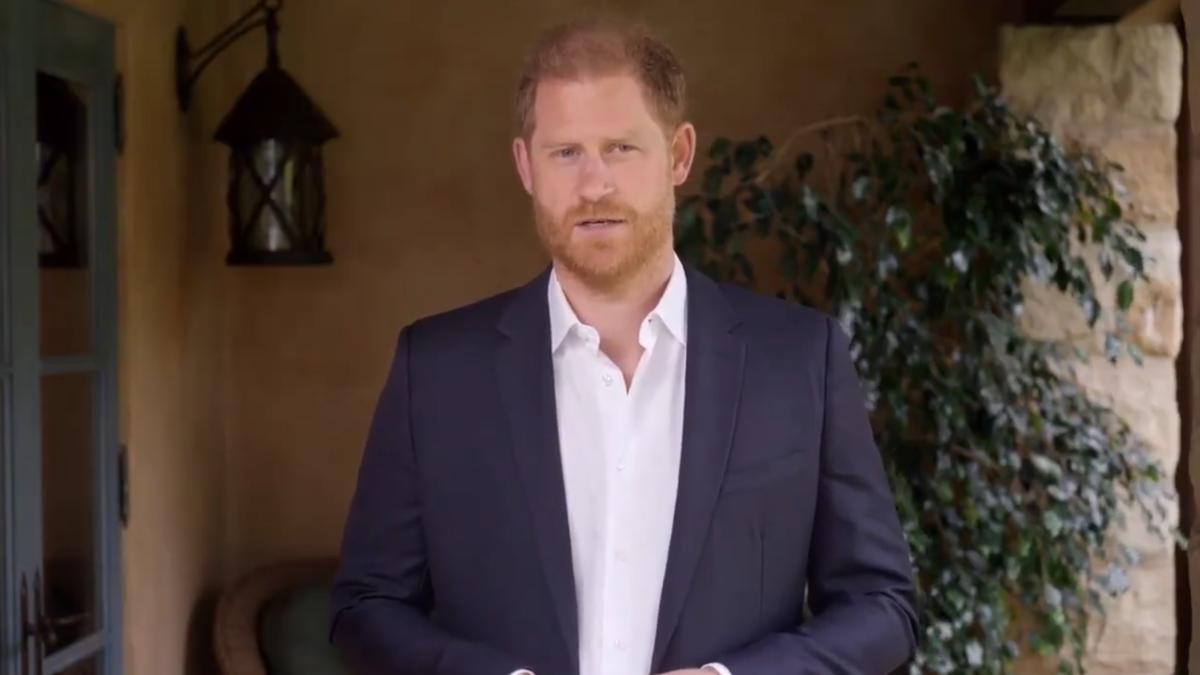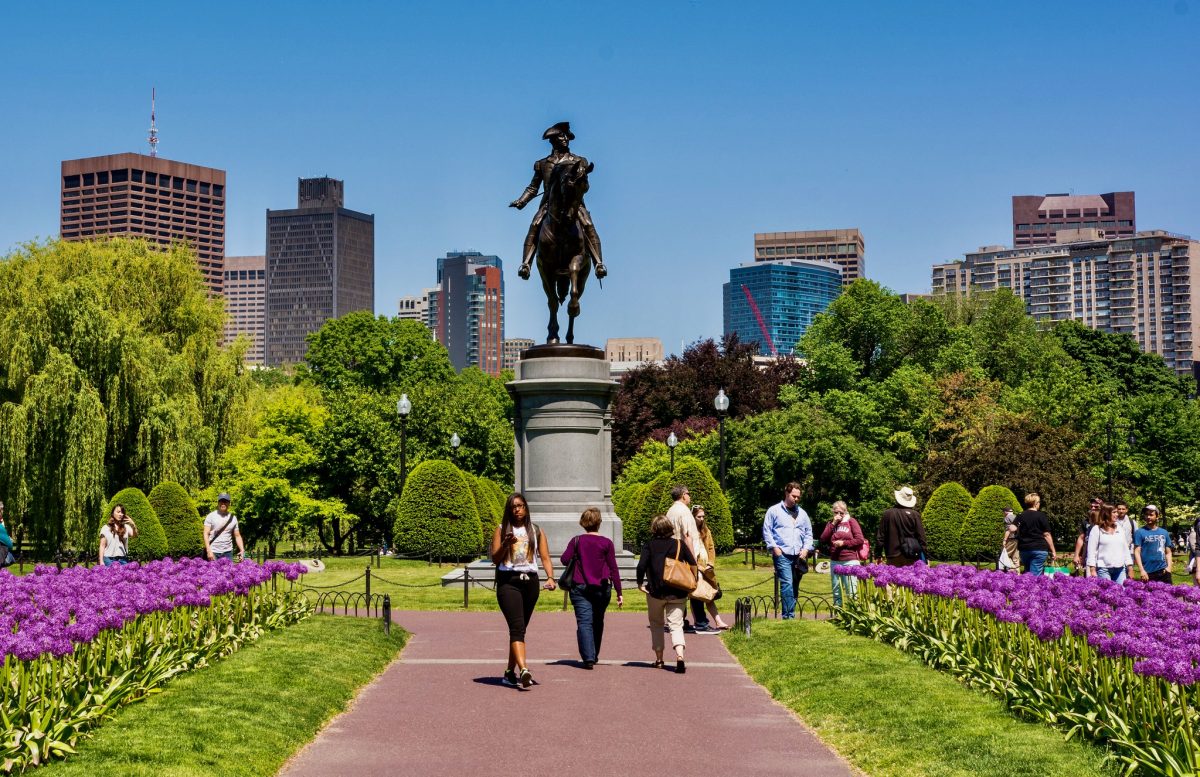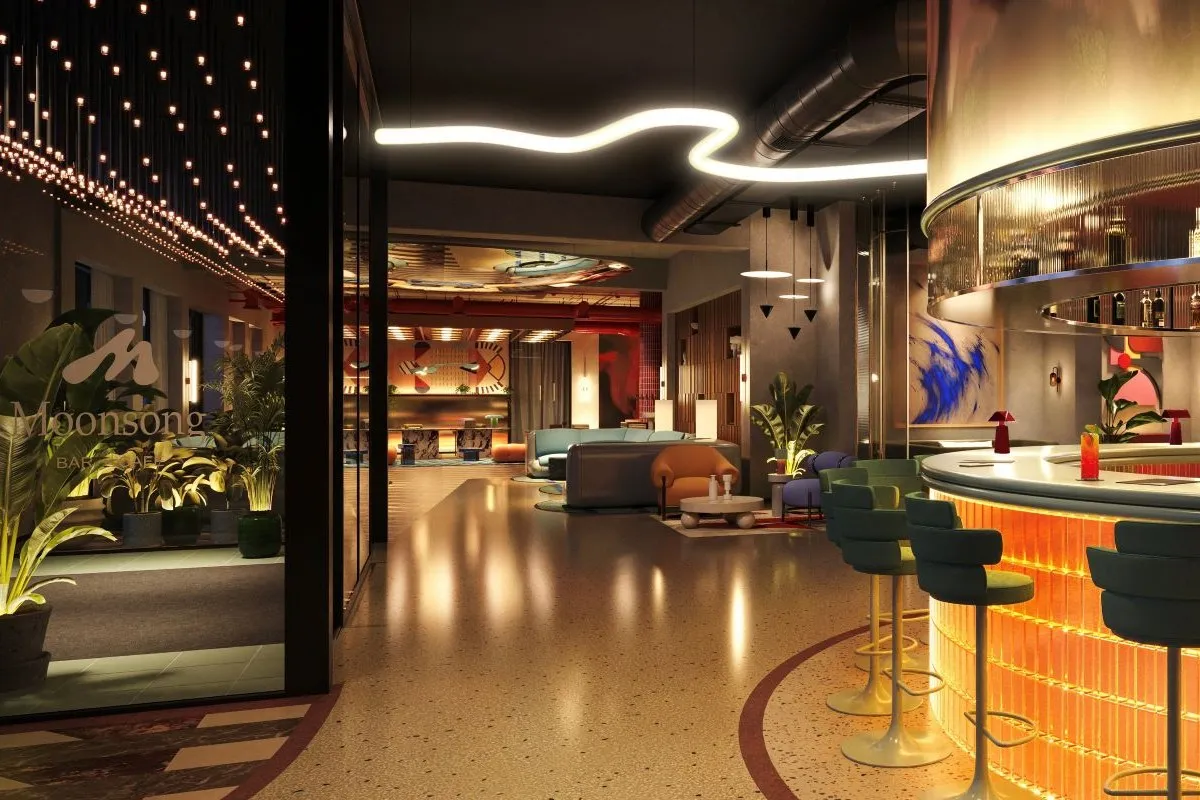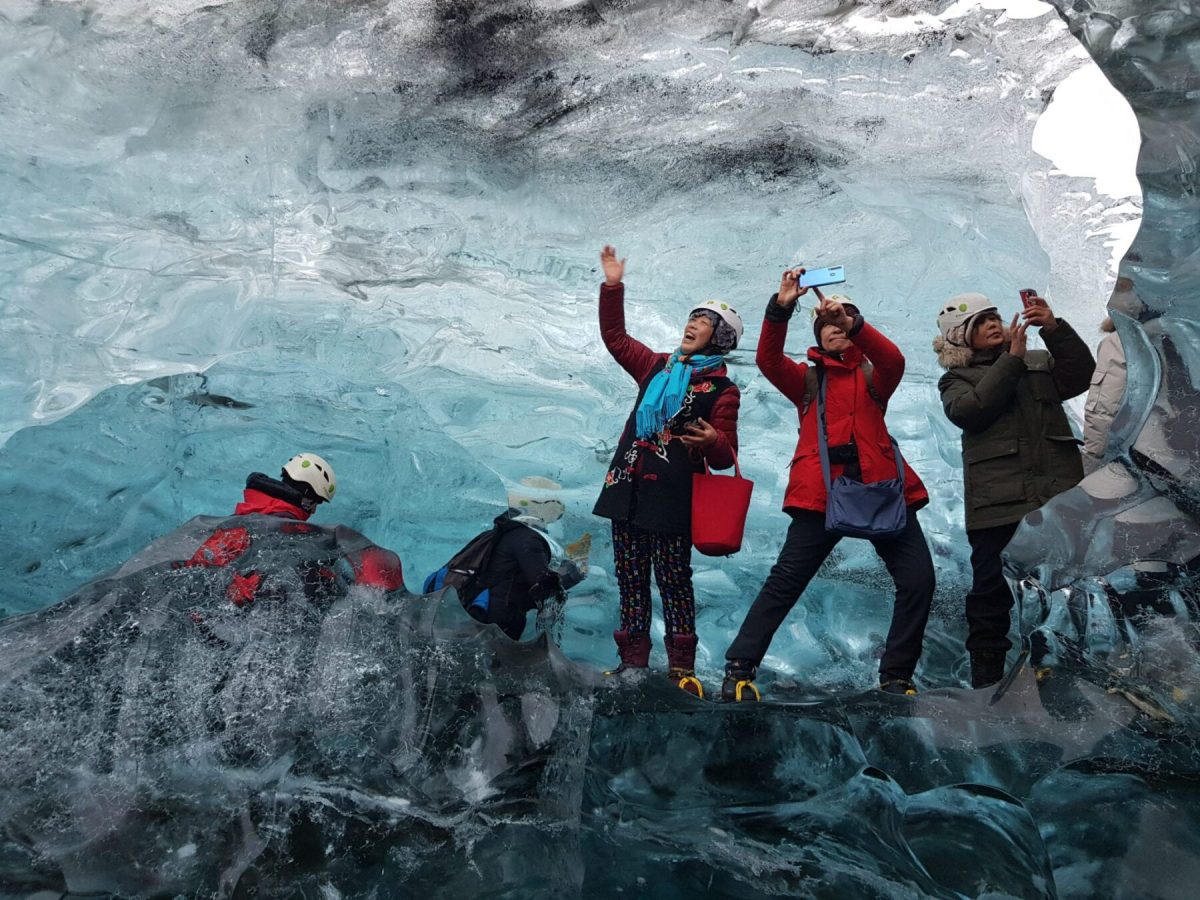Destinations Try to Build a Brand With Culinary Tourism
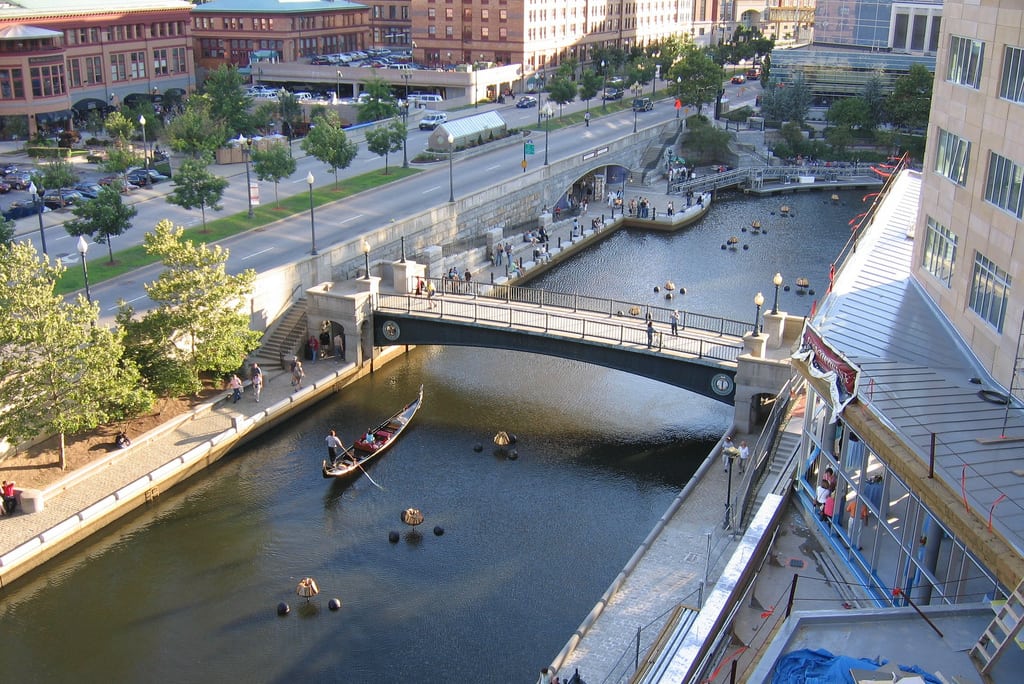
Skift Take
In 2005, the tourism body for Providence, Rhode Island, discovered that it desperately needed a brand refresh and successfully turned itself into a New England culinary hub with chefs and new restaurants concepts attracting visitors for foodie trips.
Now, a decade later, Providence is realizing that food alone isn't enough to build a long-term tourism brand.
The Providence Warwick Convention & Visitors Bureau commissioned a study in 2005 that found that the city ranked seventh out of ten of New England cities for quality restaurants. It decided to develop a culinary brand given the area’s abundance of seafood, fresh produce, young talented chefs coming to the region, and Johnson & Wales University’s culinary program.
It started by launching a restaurant week in 2006 and attracted almost 100 participating venues for the twice-a-year event. The tourism board also started producing more food-related content, especially building off the "chef as personality" trend, and integrated these photos and messaging into its advertising. It targeted media outlets with a “foodie” audience including the online food section of the Boston Globe, Eater, and Saveur.
Providence continued to build on this media campaign each year and in 2011 created a new website with these learnings. Traffic increased 59 percent in the first year. The city’s culinary reputation had led to an increase in meetings and convention business, specifically from food-related organizations including American Culinary Federation, StarChefs.com, and the American Cheese Society.
In many ways, the city's efforts culminated in being named the number one food city in the U.S. by Travel + Leisure in 2013.
Although this was a major improvement in perception, Providence is now learning that it needs more than food alone to continue building its brand.
“You must have a well-rounded destination to sustain growth and interest for the long-term. Culinary is great but it is ‘fickle’ as there is always another destination that gets hot as others cool,” says Lou Hammond, founder of marketing agency Lou Hammond & Associates that has helped destinations including Providence and Santa Fe expand outside of a culinary-only brand.
Learnings From Other Destinations
Santa Fe, New Mexico, started to build its tourism brand by putting a heavy emphasis on its food culture including green chili peppers, which are grown and roasted right around the city.
Over time; however, Santa Fe connected its culinary staples with its culture and history tying back to Spanish and Native Americans.
“The key to becoming premiere culinary destination is how well you can connect the food experience to the culture of the people who live here and have lived here,” explains Cynthia Delgado, marketing director for Tourism Santa Fe.
“The other way that it’s communicated is through several significant events that celebrate that.”
Representatives from Charleston Area Convention & Visitors Bureau echo the sentiment, describing how connecting the city’s culinary scene to its history and outdoor environment led to the greatest branding success. Charleston also hosts oyster festivals and wine and food festivals that present the city’s food and culture to visitors.
Providence Looks Ahead
Providence Warwick Convention & Visitors Bureau now looking to fashion and design as future tenets of its tourism brand, pulling inspiration from the influence of the Rhode Island School of Design and Brown University.
“Whats interesting about Providence is how the universities impact the quality of life. We look to them as kind of what’s new and what’s different,” explains Kristen Adamo, the CVB’s Vice President of Marketing and Communications.
“For a smaller city, it’s very sophisticated in terms of the cultural life.”

